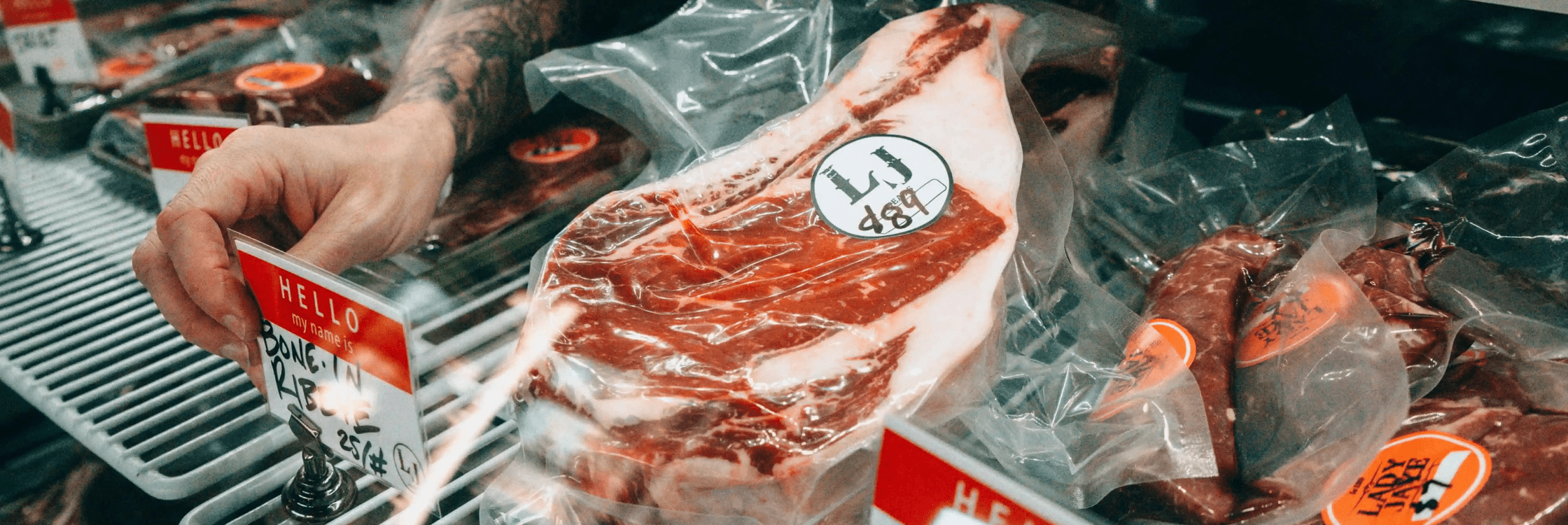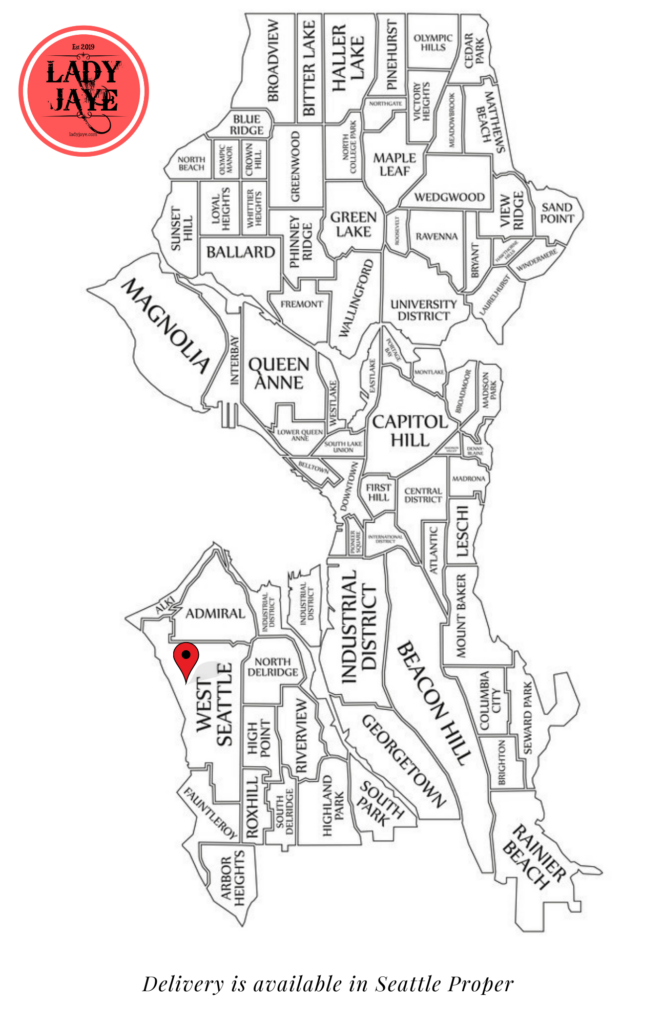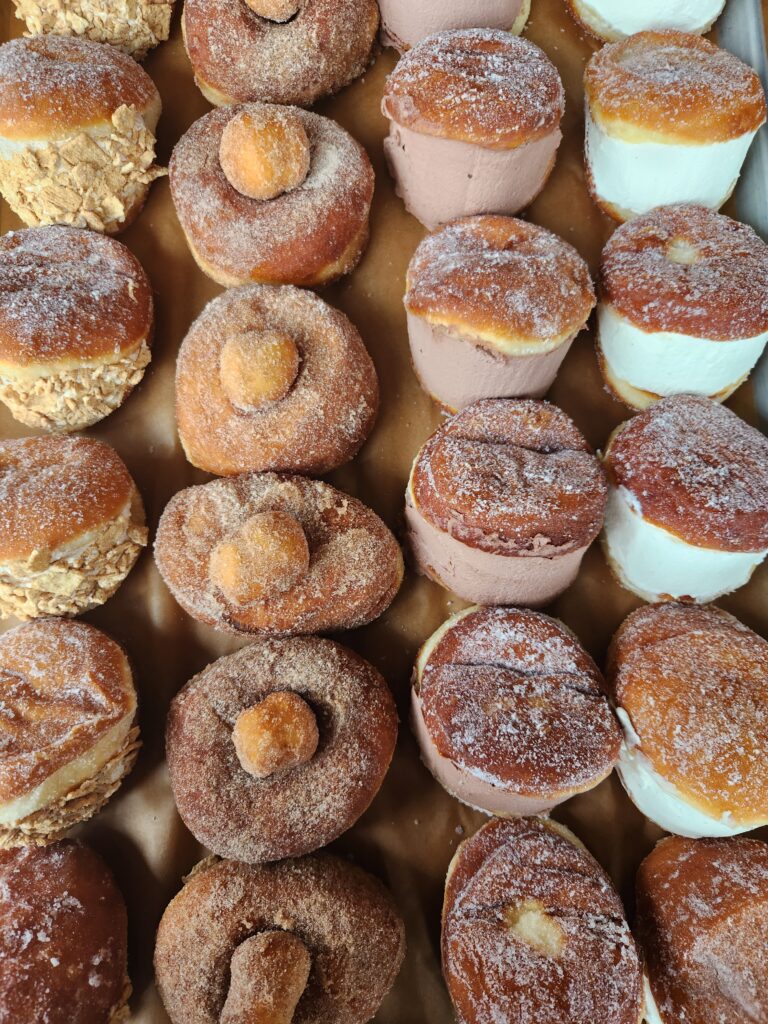
Pacific Northwesterners are actually interested in saving the planet, and one way they’re looking to do this is through making sustainable food choices. The majority of people make their food decisions based on what’s convenient, what’s affordable and what ultimately tastes better. Unfortunately, making decisions based on those factors alone isn’t the most sustainable route. That’s why Lady Jaye, our West Seattle restaurant and smokehouse, is doing its part to make decisions around food sustainability easier, more practical and a whole lot tastier!
There are several actionable checklist items that help lower a restaurant’s biometric footprint. Are you wondering what food sustainability really means? Is it as hard to achieve as some would lead us to believe? How can we make choices that better serve our desire to be food sustainable? You’ve come to the right place. Here’s everything you should know about the movement to be more Seattle sustainable.
You don’t have to grow all of your own food in order to practice food sustainability—although that may be enjoyable if you have a green thumb. Real food sustainability takes into consideration how the food was raised, how it was packaged, how harvesting the food impacts the land it’s grown on and even looks at how much gas is used to ship the food. Food sustainability means low impact on the environment through the entire process of raising, harvesting, and shipping—beginning to end.
Not at all! There are numerous businesses that are already doing a lot of this work, so that you don’t have to. You just need to do your research about which brands, companies and businesses are committed to sustainable choices. It may mean that you end up readjusting your schedule a bit to ensure that you can go to a Farmer’s Market for your weekly shopping trip or make an extra stop at a butcher shop on your way home from work. These are attainable time investments that can make a big difference.
Here’s a checklist of things to consider when looking for sustainable food. It’s easy to follow and may include sustainable components that you’ve never even thought of. Food sustainability is about building more sustainable habits over time!
If you’re interested in sustainability, you’ve probably thought a lot about the conditions in which your food was raised. Good animal welfare practices look like pasture grazing, no restrictive living conditions and feeding animals an appropriate diet. Sustainable animal welfare practices treat animals, like the living beings that they are—with respect and care.
Animal agriculture often looks like large, crowded factory farming. Factory farming is an industry with one of the largest carbon footprints. Choose to partner with places that don’t adhere to traditional animal agriculture standards, which are often poor.
Factory farming is often forced to use antibiotics as a routine measure to keep animals alive, because they’re living in such close proximity with other, potentially ill animals. Pasture raised animals rarely require antibiotics, and will only be given antibiotics in the rare event they actually get sick.
According to the Encyclopedia of Food and Health, companies use Growth Promotion Supplements “to promote growth, to improve the distribution of fat and protein, and to increase the feed-to-muscle conversion rate.” This type of growth is unnatural for the animals and these hormones and other substances stay in the meat, meaning that you’re consuming these supplements as well. They’re not good for the animal and they’re not good for you, either.
The term “food miles” refers to how far a food travels from where it was harvested to where it will be bought and consumed. The more miles it took your food to get from Point A to Point B, the larger its carbon footprint. This is particularly true if your food has to be shipped using air travel. Avoid food that needs to take too far a journey. This rule of thumb also ensures that you’re getting fresher, healthier and more nutritious ingredients.
Even if you get a hankering for pomegranates in the summer, try to pick a more seasonal fruit. Fruits that are out of season need to be ripened artificially and are often grown overseas in a different environment, which means increased food miles and a larger, less sustainable carbon footprint.
At Lady Jaye, Our menu changes weekly! See what we’ve got in store for you this week and enjoy Lady Jaye from the comfort of your home!
Local foods are great! They’re fresher, require minimal food miles and positively impact your local economy and small farms! It’s also a lot easier to get sustainability information from local places, because they place importance on this way of living.
If you’re interested in locally sourced and sustainable cuts of meat, visiting a butcher shop is a great first step! From one local butcher shop to another, here’s how Lady Jaye started ours and what we’ve learned from the process.Shop with companies that seek to avoid waste. A food company shouldn’t damage the land or waterways it occupies. The use of energy should be minimized. Think about environmental efficiency and cost effectiveness when choosing who to buy from.
Now that you know what to look for, you can find companies that align with your values.
Seattle businesses understand that their actions have a real impact on our environment, and their choice to partner with companies that have similar values is a step in the right direction. Lady Jaye takes food sustainability seriously in the following ways:

Lady Jaye’s butcher box is a sustainability program that grows with our consumers and farmers together. You can pick up your meat from our butcher shop or have it shipped directly to your door. Subscribing to our butcher box takes the guesswork out of grocery shopping for people who want to shop more responsibly and sustainably.
We’re breaking down a full Full-Blood Wagyu cow from Bar R Wagyu (Pullman, WA) and flying in A5 Miyazaki direct from Japan. Rare cuts, marbling madness, and fat caps for days.The Smoked Prime Rib is rolling.
Grab gifts for Dad, grab a drink, and grab some meat. Father’s Day just got leveled up.

From the creative minds of the Lady Jaye team comes Little Jaye, South Seattle's newest bakery, coffee and pastry obsession.
